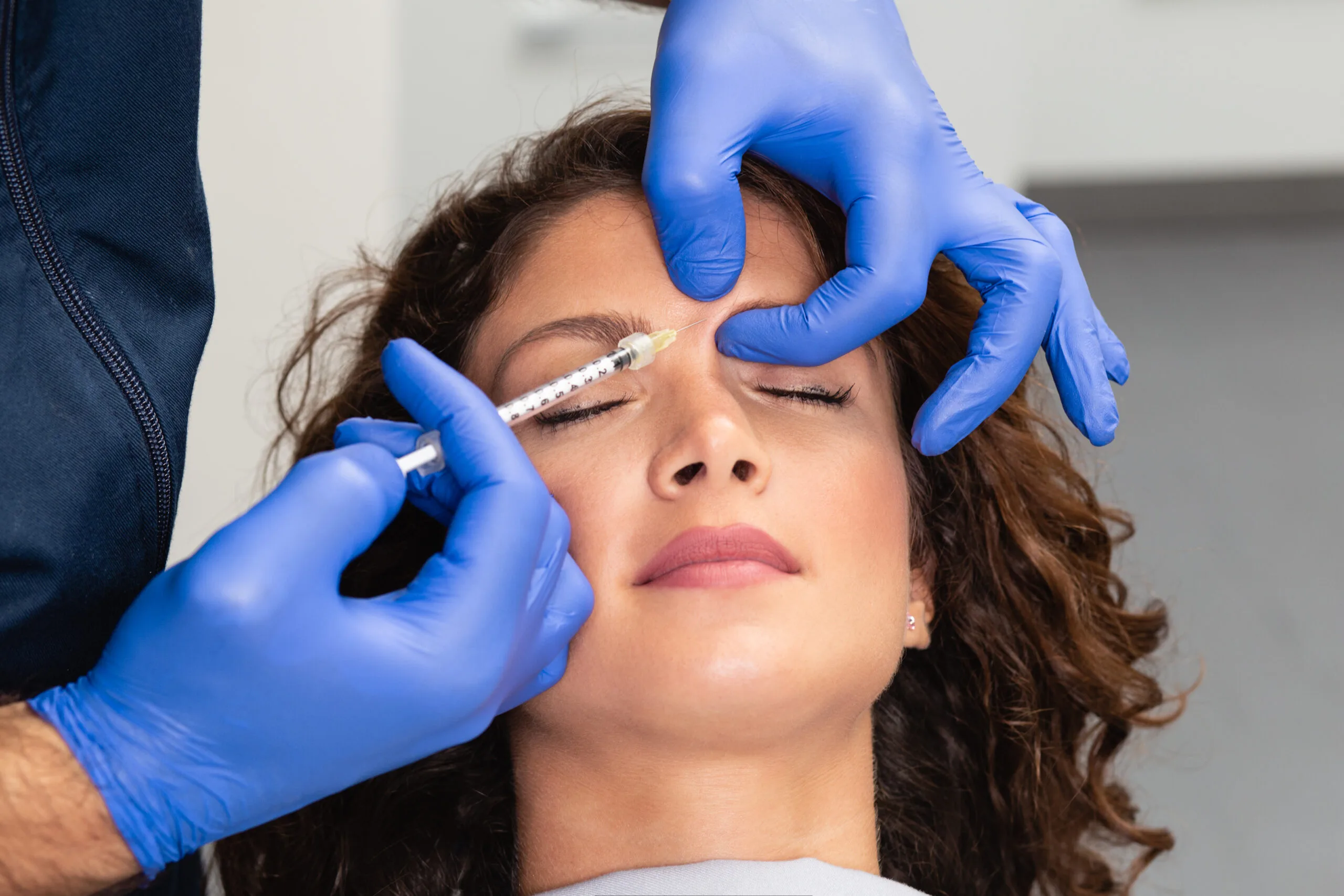Neurotoxins. The very word sounds ominous, and for good reason. These potent substances can disrupt the delicate balance of our nervous system, leading to a wide range of health issues. In this blog post, we’ll dive deep into neurotoxins, understanding what they are, how they affect our health, and how we can mitigate their impact. Knowledge is power, and when it comes to neurotoxins, it’s crucial to be informed.
What Are Neurotoxins?
Neurotoxins are substances that specifically target and damage nerve cells or neurons, often by interfering with the normal function of neurotransmitters. These chemicals transmit signals in the brain and throughout the body. They come in various forms, both natural and synthetic, and understanding their different types is key to grasping their impact on health.
Types of Neurotoxins
- Natural Neurotoxins: These neurotoxins are produced by living organisms, including some animals, plants, and microorganisms. Examples include snake venom, certain mushrooms, and the toxins produced by some bacteria.
- Synthetic Neurotoxins: Human-made chemicals, such as pesticides, industrial pollutants, and certain drugs, can also act as neurotoxins when they interfere with the nervous system’s function.
The Impact of Neurotoxins on Health
Neurotoxins and the Nervous System
The nervous system is the body’s communication network, responsible for transmitting signals between different parts of the body and the brain. Neurotoxins disrupt this network, causing a variety of health problems.
Short-Term Health Effects
Exposure to neurotoxins can result in immediate symptoms, depending on the type and level of exposure. Common short-term effects include headaches, dizziness, muscle weakness, and nausea.
Long-Term Health Effects
The more concerning aspect of neurotoxins is their potential for long-term harm. Prolonged exposure to neurotoxins has been linked to chronic diseases and neurodegenerative conditions. Research suggests that neurotoxin exposure may contribute to conditions like Parkinson’s disease and Alzheimer’s disease.
Sources of Neurotoxin Exposure
Neurotoxins can be found in various sources, including the environment, food and drink, and household products. Understanding where these toxins lurk can help us make informed choices to reduce exposure.
Environmental Sources
- Pesticides and Herbicides: Many agricultural chemicals, such as organophosphates and pyrethroids, are neurotoxic and can harm the environment and human health.
- Industrial Chemicals: Pollutants from factories and industrial processes can release neurotoxic substances into the air and water, posing risks to nearby communities.
- Natural Sources: Venomous animals, like snakes and spiders, produce neurotoxins as a defense mechanism. While these toxins serve a purpose in nature, they can be dangerous to humans when bitten or stung.
Food and Drink
- Contaminated Seafood: Some types of fish and shellfish can accumulate neurotoxins, such as mercury, which can be harmful when consumed in large quantities.
- Food Additives: Certain food additives, such as monosodium glutamate (MSG), have been associated with adverse neurological reactions in some individuals.
Household Products
- Cleaning Agents: Some household cleaning products contain chemicals that can affect the nervous system when inhaled or absorbed through the skin.
- Personal Care Products: Cosmetics and skincare products may contain neurotoxic ingredients, such as phthalates, which can be absorbed into the body.
Reducing Exposure to Neurotoxins
While it’s nearly impossible to eliminate exposure to neurotoxins, there are steps we can take to reduce our risk.
Lifestyle Changes
- Choosing Organic and Pesticide-Free Foods: Opt for organic produce and foods less likely to contain pesticide residues.
- Safe Cleaning Practices: Use natural and eco-friendly cleaning products to minimize exposure to harmful chemicals in your home.
Environmental Initiatives
- Regulation and Policy Changes: Support and advocate for stricter regulations on using neurotoxic chemicals in agriculture and industry.
- Sustainable Agriculture: Promote sustainable farming practices that minimize the use of pesticides and herbicides.
Health Monitoring and Early Detection
Regular health check-ups can help detect and address any health issues related to neurotoxin exposure at an early stage. Discuss your concerns with your healthcare provider and seek medical advice if you suspect neurotoxin-related health problems.
Neurotoxins in Medicine and Research
Neurotoxins, despite their dangers, also have important medical and research applications.
Medical Uses of Neurotoxins
- Botox for Medical Conditions: Botulinum toxin, one of the most potent neurotoxins, is used therapeutically to treat various medical conditions, including muscle disorders and chronic migraines.
- Neurotoxin-Based Medications: Researchers are exploring the potential of neurotoxin-based drugs in treating neurological disorders and chronic pain.
Neurotoxins in Neuroscience Research
Scientists use neurotoxins to understand the nervous system’s intricacies better. Researchers gain valuable insights into normal brain function and disease processes by studying how neurotoxins affect neurons. These insights can lead to the development of new treatments and therapies.
Case Studies: Notable Neurotoxins
Botulinum Toxin
Botulinum toxin, produced by the bacterium Clostridium botulinum, is among the most potent neurotoxins known. Despite its extreme toxicity, it has found important medical applications. Botulinum toxin injections, commonly known as Botox, treat various medical conditions, including muscle spasms, migraines, and cosmetic concerns.
However, the improper use or handling of botulinum toxin can be deadly, emphasizing the importance of proper medical supervision.
Lead as an Environmental Neurotoxin
Lead is a well-known environmental neurotoxin with a long history of harming human health. Even low levels of lead exposure can result in serious health problems, particularly in children. Lead poisoning can lead to developmental delays, learning disabilities, and behavioral issues.
Efforts to mitigate lead exposure include stricter lead-based paints and pipes regulations and increased public awareness of lead hazards.
Conclusion
Neurotoxins wield immense power over our health, capable of causing both immediate and long-term harm. It is crucial to understand where they come from, how they affect us, and what we can do to minimize exposure. By advocating for responsible environmental practices, making informed choices in our daily lives, and supporting ongoing research, we can work together to unveil the peril of neurotoxins and protect our health. At the Plump Room.
Knowledge is our most potent weapon against these hidden dangers; with it, we can strive for a safer, healthier future.







